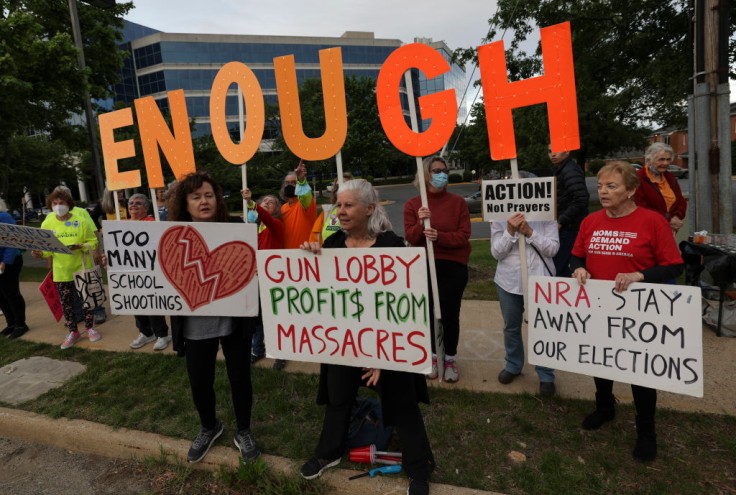
U.S. District Court Judge Robert Payne in Richmond, Virginia, has declared a law that prohibits licensed federal firearms dealers from selling handguns to young adults under the age of 21 as unconstitutional.
This ruling is the latest decision to strike down gun laws in the United States since a landmark Supreme Court decision in 2022 that changed the test courts have long used to evaluate challenges to firearm restrictions.
Virginia Judge Overturns Ban on Handgun Sales to Young Adults
In a 71-page ruling, Virginia Judge Robert Payne declared that the law prohibiting licensed federal firearms dealers from selling handguns to young adults under the age of 21 violates the Second Amendment of the United States Constitution and is, therefore, unconstitutional.
According to CBS, the ruling, issued on Wednesday, means that dealers can now legally sell handguns to 18- to 20-year-olds in Virginia if the decision is not overturned.
According to Judge Payne, various privileges and obligations that come with being a citizen are granted at the age of 18.
These include the entitlement to vote, participate in federal jury duty, and join the military without requiring parental consent.
He argued that the Second Amendment protection should not exclude 18- to 20-year-olds and that imposing such limitations on the Second Amendment would not be consistent with other constitutional guarantees.
Supreme Court Ruling in 2022 Affects Gun Laws
The Supreme Court's 2022 decision changed the way courts evaluate gun restrictions. Judges are no longer required to assess whether gun control laws serve the public interest by enhancing public safety.
Instead, governments must demonstrate that their proposed gun restrictions align with the country's historical tradition of regulating firearms.
According to the Associated Press, this landmark ruling has led to the overturning of various laws that were designed to prevent domestic abusers and individuals facing felony charges from possessing guns, as well as a ban on owning firearms with removed serial numbers.
In essence, this shift means that the government's justification for gun restrictions must be rooted in the historical tradition of firearm regulation rather than serving the current public interest in promoting public safety.
Judges have also struck down laws that prohibit 18- to 20-year-olds from getting permits to carry handguns in public, citing the Supreme Court decision.
Read Also: North Carolina Republicans Pass Bill Restricting Abortion Access to 12 Weeks, Sparking Controversy
Gun Control Act of 1968 Challenged
John Corey Fraser and other plaintiffs filed a lawsuit challenging the constitutionality of the Gun Control Act of 1968 and its accompanying regulations from the Bureau of Alcohol, Tobacco, Firearms, and Explosives after being denied the ability to purchase handguns.
Fraser's attorney, Elliott Harding, argued that the lawsuit aimed to address a loophole, as 18- to 20-year-olds could already purchase handguns from private sellers without any regulation.
He added that allowing these young adults to purchase firearms from licensed dealers with background checks would ensure the buyers are legally able to own a firearm.
According to ABC, the legal group Everytown Law, which promotes gun violence prevention in the courts, submitted a document supporting the age limitations and contended that the law is lawful and an important means of preventing gun violence.
The senior director of issues and appeals at Everytown Law, Janet Carter, claimed that firearms are the primary cause of death for children and teenagers in the U.S., and studies indicate that 18- to 20-year-olds commit gun homicides at three times the rate of adults who are 21 or older.
She believes the court's ruling will undoubtedly put lives at risk and that it must be reversed.
It is unclear if the government will appeal the ruling, but some gun control advocates fear that this ruling could lead to more legal challenges to gun laws across the country.
Meanwhile, gun rights groups are celebrating the ruling as a victory for Second Amendment rights.